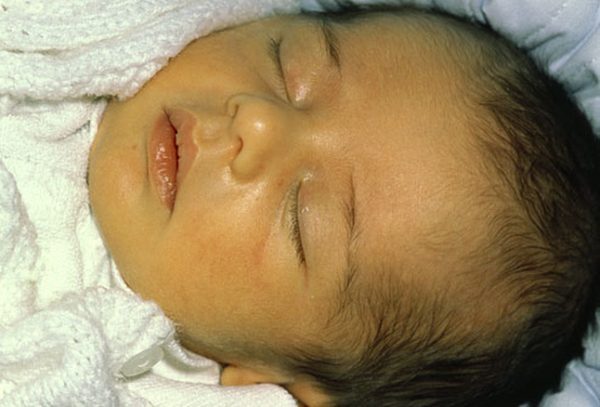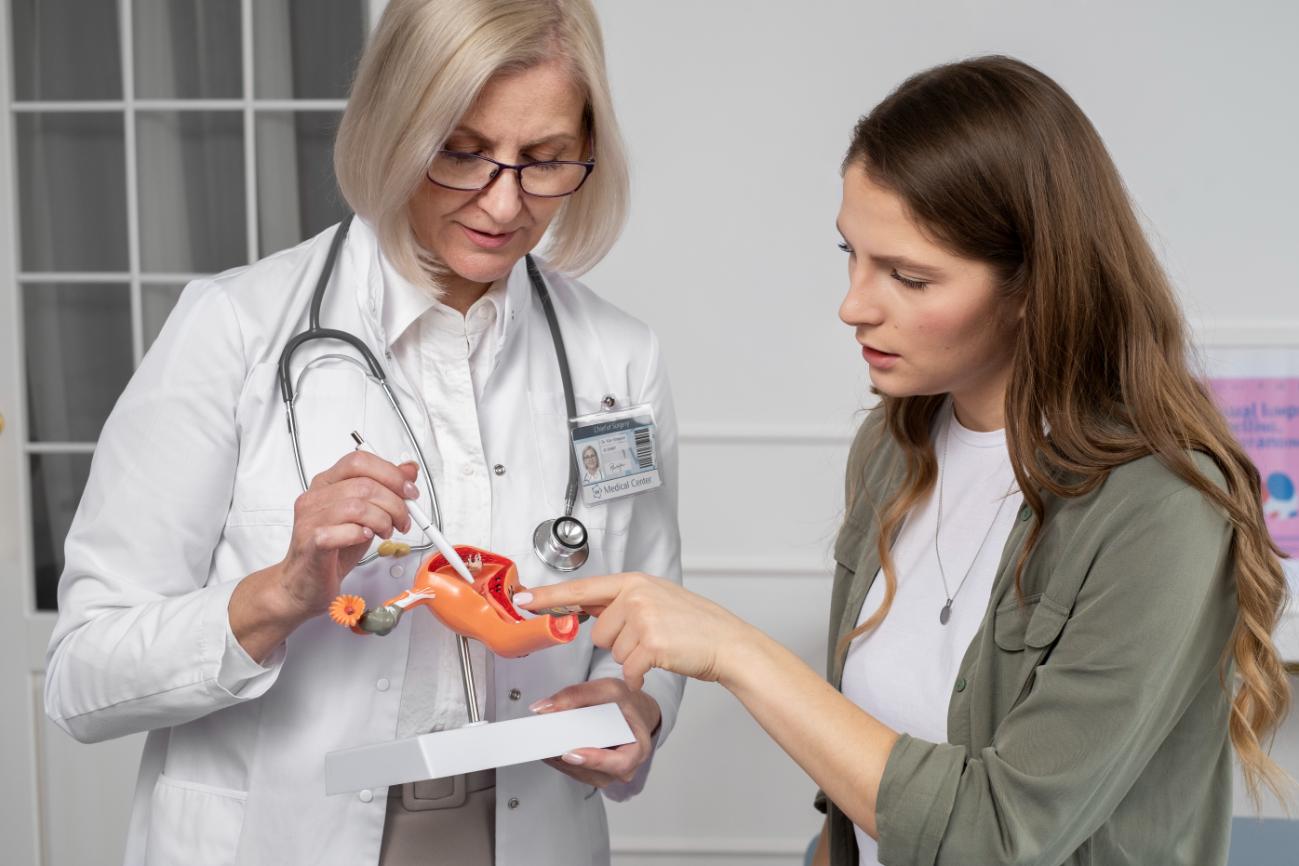Myth #1 IVF causes cancer
All medications, including fertility drugs, come with risks, but one needn’t get concerned about an increased cancer risk. It can be said with confidence that this one is an absolute myth! There is no authentic study or link that shows that fertility drugs, artificial insemination, or ovarian stimulation are connected to cancer of any kind—breast, ovarian, or any other.
Studies that insinuate a link between fertility treatments like In Vitro Fertilization (IVF) and cancer are conflicting, with some reporting a small increase in cancer risk for hormone-sensitive cancers including ovarian, uterine, and breast. However, many studies demonstrate no increased risk at all. Additionally, it is unclear if the underlying infertility is the cause of increased cancer risk in some patients. Clinical studies observed no association between IVF and risk of cancer.
Myth #2 IVF babies are born with birth defects and malformations
The absolute risk of delivering an IVF baby with malformations is very low. The risk of an anomalous fetus in spontaneous or IVF babies is the same as in general population.
Myth #3 IVF is not safe
It is a safe procedure with only about 2% of patients standing the risk of becoming unwell from ovarian hyperstimulation syndrome.
Myth #4 It is only for the rich
IVF is a little expensive but cheaper than many other surgeries. Its cost has, however, not gone through the roof in the last many years compared to other medical procedures.
Myth #5 IVF leads to multiple pregnancies (twins and triplets)
Although there are cases of multiple pregnancies with this procedure, reducing the number of embryos transferred, particularly in younger women, can bring down the risk of multiple pregnancies to a significant extent.
Myth #6 It is only for younger couples
Although age is a deciding factor that influences fertility, this procedure can be as effective in ladies in the post-menopausal group as in younger ones. In the older age group, donor eggs from younger females are used. However, it should be kept in mind that the pregnancy rates in older women are lower as compared to younger women.
Myth #7 IVF requires a person to be admitted in the hospital
During the egg-collection stage, hospital admission is required but it is only for a few hours. The person is not required to be admitted in the hospital for many days.
Myth #8 Donating eggs will deplete them
During menarche, a girl has over 400,000 eggs. Of these, only 400 are required in an entire lifetime. Every month about 20 of these are mobilized and only one or two grow to the point of being released during ovulation. About 18 to 19 of the remaining eggs die. IVF helps in sustaining the growth of these remaining eggs. Therefore, there is no chance of eggs getting finished through donation for IVF.
Myth #9 IVF pregnancies result in cesarean births
As for cesarean births, there is no difference between IVF pregnancies and naturally conceived ones and IVF is not at all an indication for cesarean section. Couples who have tried to conceive for many years or those with higher chances of a multiple pregnancy can opt for elective cesarean delivery. A very normal vaginal delivery is quite possible following IVF.
Myth #10 Frozen eggs aren’t as effective as fresh eggs
There is no scientific evidence backing this claim. Any IVF clinic or IVF center will tell you that the procedure can be successful with a fresh egg collection or a frozen egg collection. What matters more is the woman’s egg as opposed to the uterus. As long as the male sperm can effectively fertilize the embryo and it is accepted by the uterus, the IVF procedure should be successful. In fact, frozen eggs might be the only option for some women! Frozen eggs, and frozen embryos, can last for years.
Myth #11 After IVF treatment, you can’t do any strenuous activity
It is not sure where this one really came from, but it is not true. Whether or not you go on a run the evening after you get the embryo implanted, it doesn’t have any effect on the success of your pregnancy.
Myth #12 IVF destroys potential lives
Because of the process of in-vitro fertilization, more eggs are produced within the ovaries, meaning there are more opportunities for life to grow once those eggs are reached by sperm. In fact, a healthy woman in perfect birthing condition only has a 20% chance of conceiving a child every month outside of any medical intervention.
Myth #13 Stress lowers success rate of IVF
The actual effect of stress during IVF treatment is not very big and has no scientific backing. It is true that stress causes more people to drop out or discontinue IVF treatment, but there is no indication that a more stressful life leads to a decreased success rate throughout treatment. The success of IVF treatment is all based on an embryo being accepted by the uterus, and stress has little to no affect on this process.
For any other questions related to Infertility causes and their treatment options, send a message to www.KJKHospital.com/contact






